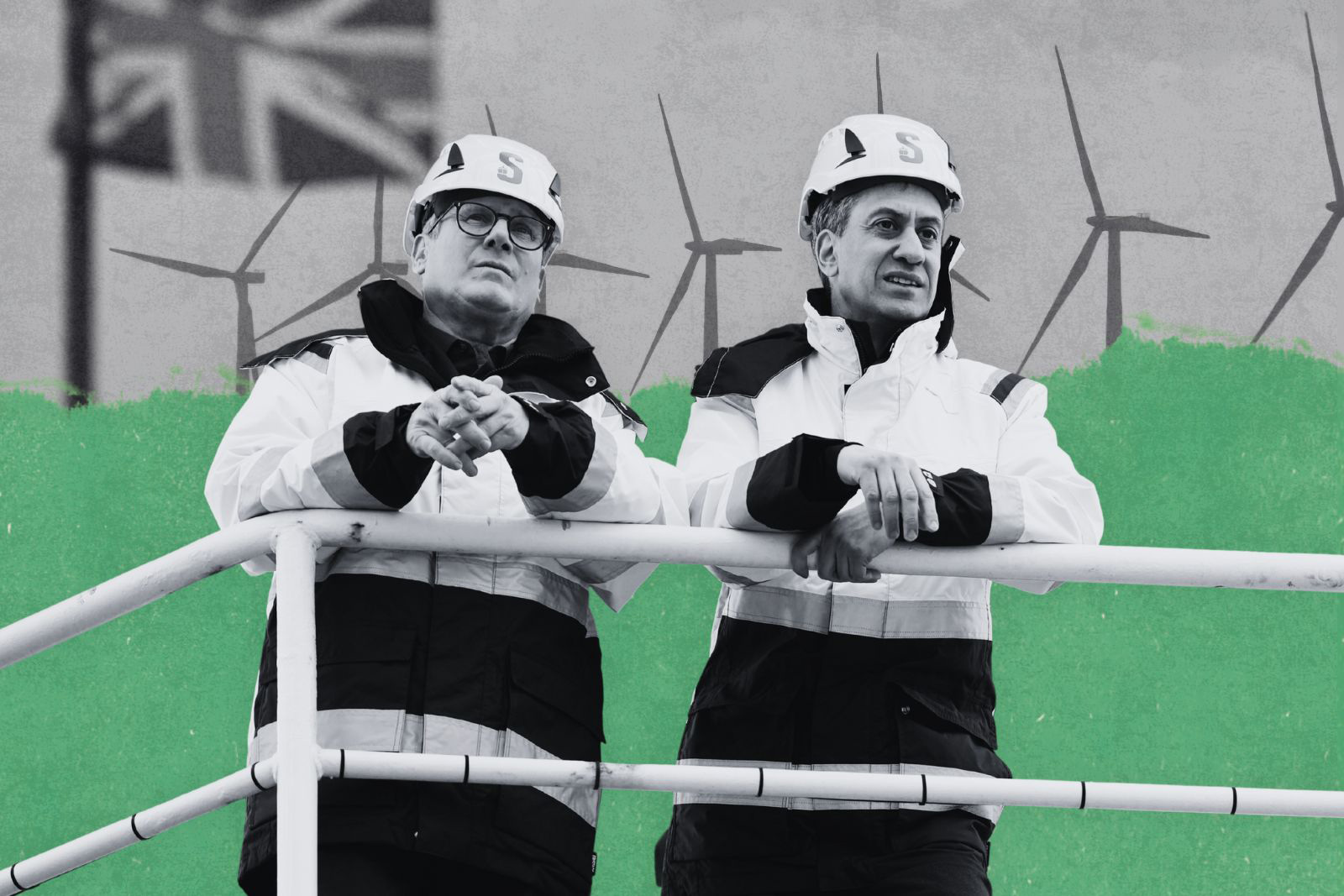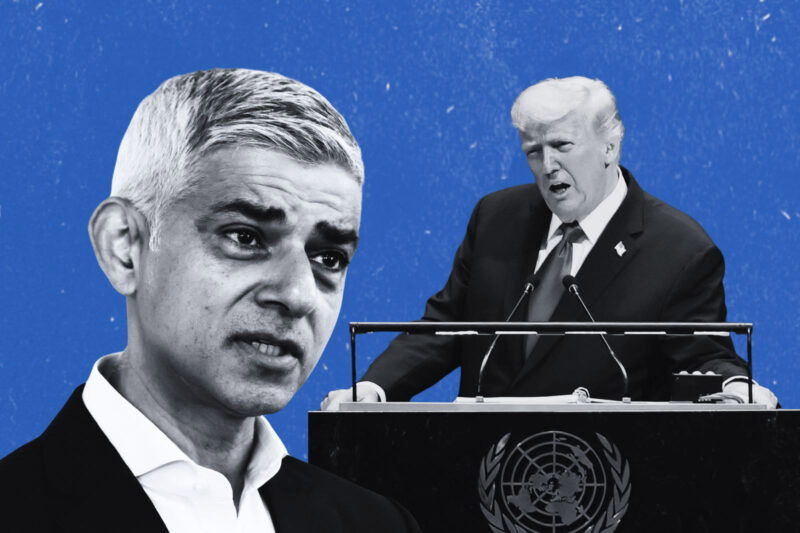Miliband wants energy bills down. Opposition to net zero could trump his plans
As the UK considers regional energy pricing, Labour faces challenges on both sides of the Atlantic in the fight for sustainability

Sitting in the opulent splendour of Lancaster House, a Grade I-listed building in the heart of London, I listened as the prime minister delivered a bold promise: the UK would go “all out” for a low-carbon future, ready to push significant change in the way the country generates and consumes energy. The occasion was the Future of Energy Security Summit on Thursday, co-hosted with the International Energy Agency and attended by representatives from more than 60 countries.
I was there reporting for ITV News and it was clear that this was meant to be a display of unity and global cooperation in pursuit of a cleaner, safer world. In the front row, European Commission president Ursula von der Leyen nodded approvingly as Keir Starmer spoke, as did Ed Miliband, the UK’s energy secretary and a long-time green policy advocate. But as is sometimes the case with such gatherings, unity may be more aspiration than reality.
Although the UK, France, Germany and others sent ministers or ambassadors, the absence of a senior member of the Trump administration was striking. Washington dispatched Tommy Joyce, acting assistant secretary of energy for international affairs, a title almost as long as the Atlantic crossing but with little of the weight. When he spoke, his words sent a chill through the room: he declared net zero policies “harmful and dangerous”, and claimed they served “the interest of our adversaries” and had been “harming human lives”. There was no applause, just silence. One attendee who grimaced their way through the speech whispered to me afterwards that it was “a clear signal of how much the US cares about this”. In a summit intended to rally support for sustainable energy as a pillar of global security, Joyce’s remarks demonstrated a clear fault line between the United States and its allies.
This year’s summit did, however, mark a first: clean, sustainable energy was finally front and centre of the agenda. Although this is an annual event, previous conversations had focused primarily on fossil fuels, and the change in focus was being championed by the UK government as a win for its agenda. The urgency is obvious — Europe’s dependency on foreign fossil fuels, particularly from Russia, has turned energy into a national security issue. As Von der Leyen put it, clean energy is not just about saving the planet, but about “underpinning our national security”.
It’s a sentiment echoed by many in the UK government, particularly Starmer and Miliband. Yet energy and climate policy has become one of the defining political battlegrounds in the country. The Conservatives and Reform UK are increasingly vocal in their opposition to net zero targets; Nigel Farage, for instance, recently blamed the ongoing crisis in the steel industry on the push for net zero, an accusation Miliband dismissed as “nonsense and lies”.
But Miliband, the man responsible for this in the UK, has more to deal with than just political sniping. Getting energy bills down remains a key priority of his and he is currently at the heart of one of the more controversial proposals in the energy space as he tries to achieve this: regional energy pricing. It’s a simple but potentially seismic idea in which different energy rates are charged based on local supply and demand. It results in those in regions with more clean energy infrastructure, such as Scotland, and less demand for energy, potentially paying less than those elsewhere. It is a model that already exists in places like Australia and Sweden. But critics say it will lead to a postcode lottery and ultimately to energy infrastructure projects moving to southern cities, where demand for energy is higher.
While Miliband publicly says he is considering this, I am told that he is genuinely undecided. A source close to the energy secretary described him to me as being “firmly on the fence” and said he had been consulting a range of groups before coming to a conclusion. Either way, I have been told that a decision on whether this huge change will be introduced will be made before the summer.
At the heart of it is the government’s pledge to cut average household energy bills by the end of the decade, a promise that hinges heavily on the growth of clean, domestically produced power. Starmer’s remarks at the summit made that clear: the government sees green energy as both a moral imperative and an economic opportunity. But ambition alone won’t fix the UK’s ageing energy grid and without urgent upgrades, even the best laid plans could falter.
While the UK is clear and Starmer says he wants to go “all out” for a low-carbon future, there is a lot of work to be done — all of which is made slightly harder when there is opposition not just domestically but also from our most powerful global ally.
Shehab Khan is an award-winning presenter and political correspondent for ITV News.
 Newsletter
Newsletter













